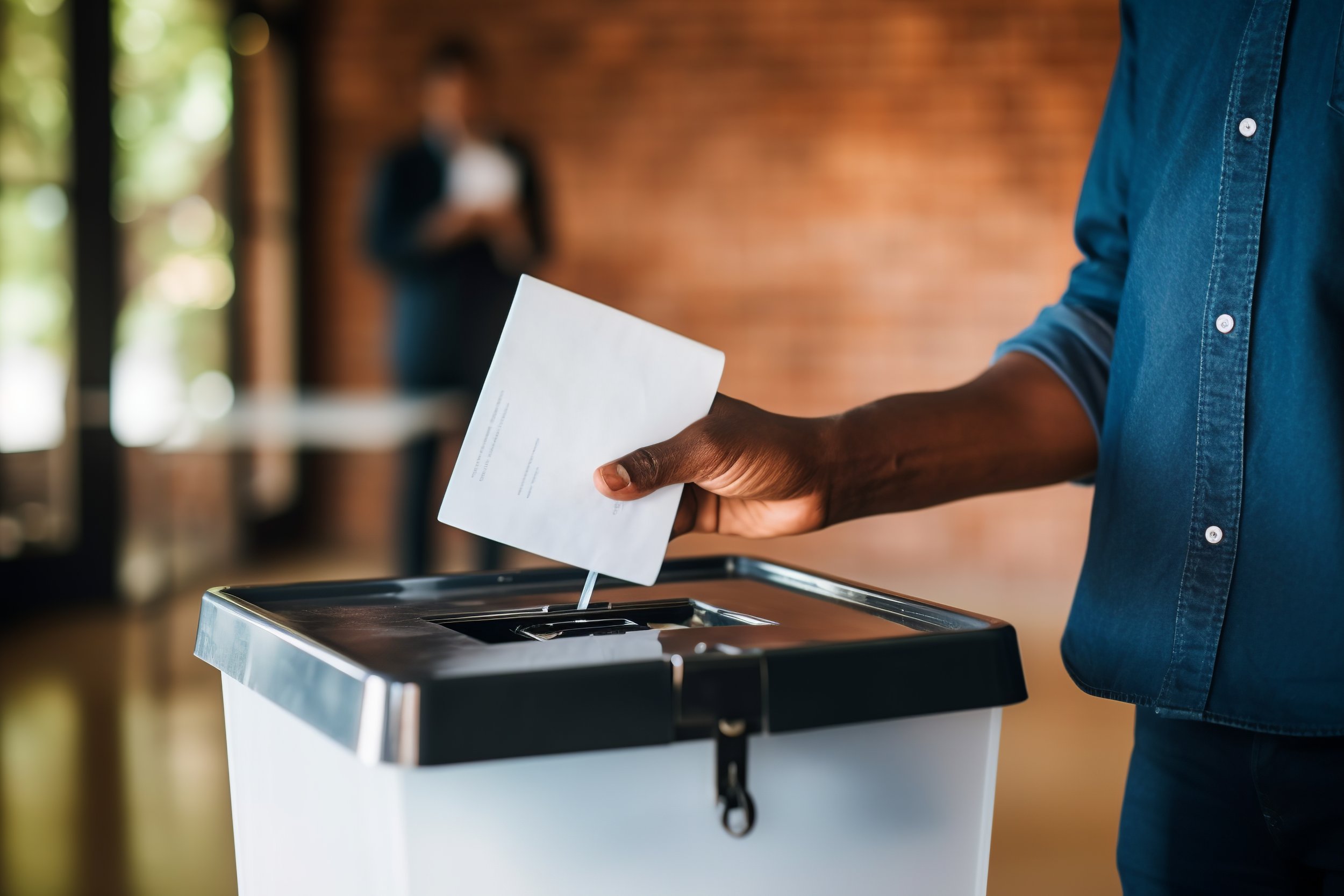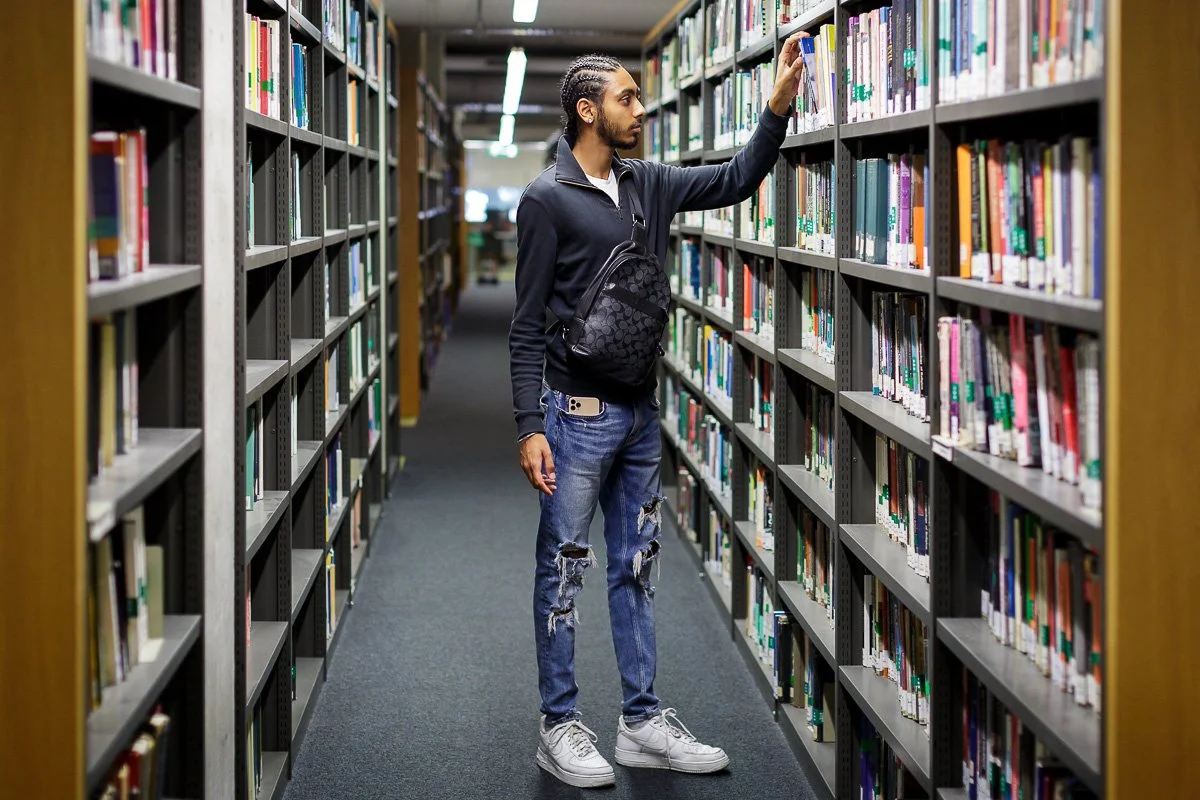
Democracy 2024
This year will see the biggest exercise of democratic voting ever. Almost half of the population of the world, in over 60 countries, will go to the polls to select leaders and representation. By the time this article is published, we will have seen elections in Indonesia, Pakistan, India, Russia, South Africa and Taiwan to name a few.
Yet to come are elections in the EU, Ghana, Mexico, the USA, and many more including the UK on 4 July.
In this massive exercise of popular will, there are many questions raised about the state of democracy worldwide, what constitutes a free and fair election, and what is at stake in individual countries and for the wider global population.
In some countries we see a rise in populist nationalism, in others a transition from military rule to civilian government. Democracy is important; democracy is fragile.
We interviewed SOAS academics for their viewpoint on aspects of democracy and how it affects the global challenges we face, from a perspective of the regions of SOAS’ specialisation.
Across Africa, there are 17 countries holding elections in 2024. Professor Stephen Chan (Department of Politics and International Studies) has been deeply involved in diplomatic initiatives in Africa and helped to pioneer modern electoral observation.
“On the transnational, continental, level, we're likely to be entering a decade where there's increased conflict; small wars, medium size wars and established states taking a side in what at first glance seem to be local conflicts.
Democracy in Africa is a work in creation. It's difficult to come across perfect democracies, just as there are no perfect democracies in the West. The attempted coup by Donald Trump as he came to the end of his presidential term shows the fragility of democracy, even in the United States.
Africa is not an exception to the rule. Some democracies are very good, and even where elections are, to use a loose term, rigged, the proof of the value of democracy is seen on election day. Almost everywhere, every single country, you see long lines of people waiting hour after hour in the voting queue.
What they’re trying to do is to express an appreciation of the value of having a degree of choice. This is inspirational when you see what people are prepared to put up with in order to cast a vote. It’s also inspirational to see figures from opposition parties braving intimidation and sometimes physical injury because they want to contest elections.
This year in South Africa will likely bring a minority or coalition government. It could be as low as a 41% vote for the ANC, but none of the other parties, particularly the two largest opposition parties, the Democratic Alliance and Julius Malema’s Economic Freedom Fighters are going to get more than 20%, so it's likely that there'll be a coalition involving the ANC and the Economic Freedom Fighters.
I’ve made projections that the price for that co-operation will be that Julius Malema demands and gets the vice-presidency. That will herald interesting days, not so much for democracy, but for the shape and the efficacy of government.
In terms of Chad and Ghana you’re going to have very volatile comings and goings in the build up to the election.
Ghana is deeply in debt and has had special dispensations from IMF facilities. This will be a backdrop to election discourse: how did we get into debt? Where did the money go? Who is best prepared and suited to lead us out of this terrible quagmire?
In Chad, which has had militarised government, the military want to have guarantees for itself in a civilian government. It’ll probably be unproblematic in terms of violence, but heavy handed in terms of the influence of the military trying to make itself felt, not in a violent way, but in a baleful way in terms of deals with whoever is likely to win.
Nationalism is important particularly when the country sees itself, or depicts itself, as pitched against external foes. The memory of independence is still young; it's still within living memory, or in the stories of fathers and mothers of how hard it was to obtain that independence. People try to safeguard that and people will embark upon an adoption of nationalism so that can be a very binding force. That doesn't mean that sectional interests have ceased, but it does mean that they’ve become far more complex than they were before.”
Dr Subir Sinha, Director of the SOAS South Asia Institute, reflects on democracy in India and Indonesia.
“Around 970 million Indians are eligible to vote, that effectively is 11% of the population of the world. The significance of these elections is massive, both for India and for the world. For India, Mr Modi has said that he is going to make fundamental changes, by which I think he means that he's going to formalise fundamental changes that have already taken place within India.
A kind of undeclared majoritarian rule is well established. There are key members of the ruling BJP, for example the Chief Minister of the state of Assam, Himanta Sarma, who says he does not want Muslims to vote for his party.
Other so-called star campaigners of the party, chief ministers of other states, don't make such an open and explicit statement for the exclusion of Muslims, but if you think in terms of the conduct of justice in these states, we have a famous model of ‘bulldozer justice’ where people who are accused of rioting for example without any evidence, have their homes destroyed by bulldozers before the matter goes to court.
We have recently had the destruction of mosques as a result of planning infringement, though these mosques were 200 years old and there was no planning permission at that point in time. This is a relentless effort within the country to make sure that Muslims and some other minorities, Christians whose places of worship have been attacked as well, are made to feel that they're not equal to other citizens, especially Hindus in the country.
This has taken place at a very informal level and I'm not the only one to think that what we are heading towards if the BJP comes for a third term, is some kind of formal constitutional mechanism that will declare India to be a Hindu state.
India is an example of a democracy that is driven by misinformation, fake news, almost complete control over television media, and a domination of social media spaces. Elon Musk and X (Twitter) made an official statement that they have switched off the accounts of many critics of the government because they can only function in India if they obey what the government says.
If you look for a laboratory showing how social media destroys democracy - whereas at one point in time we thought it would be a democratising element - India is a good example. Countless fake news and websites exist that government ministers repeat or even quote in Parliament.
In Indonesia what has happened is a smaller scale of what India has already been through. We have seen the election of Prabowo Subianto, which seems to suggest the preference for a strong man as a leader with an openly majoritarian stance. There is a seeming contempt for human rights in the sense that human rights seem increasingly in many countries as a western hypocrisy, and as a result, if a leader comes out in opposition to the idea of human rights, they are seen as thumbing their nose to the west which bolsters their image as a strong man.
Indonesia has major dangers in terms of formalising the drift towards majoritarianism and I think unfortunately, for large parts of the world today, there’s a feeling that majoritariansim is true democracy and that anyone warning against it is somehow being inauthentic and perhaps has been too westernised in their thinking.
I think global turbulence starting all the way from 2001 with the twin towers and their destruction, successive economic crises, and the pandemic, for all of these reasons it seems that electorates are going for an authoritarian person rather than through other means of democratic governance. There is a massive upsurge in democratic participation, so you have a paradoxical moment in which larger and larger numbers of people are participating in processes that ultimately disenfranchise them.”
Outside SOAS’ regions of expertise, the election in the US could also have a dramatic effect both domestically and internationally, especially if Trump were to become President, as Professor Leslie Vinjamuri, Co-Chair of the Centre for International Studies and Diplomacy explains:
“Donald Trump has made it clear that he doesn't really care about multilateralism. He doesn't really care about working with America's allies, or its partners, or its sometimes friends to solve the global challenge of climate change. He denies the greatest problem of our time: the facts of climate change.
The number one thing at risk from a long-term perspective would be science and under that heading of science would be America's commitment to climate change. Secondly, the broader array of multilateral institutions, many of which Donald Trump would probably pull the United States out of. Thirdly I think Europe has the most to worry from a geographical perspective.
In Asia, I think the key thing to watch is that Donald Trump cares about tariffs. He has a very different style of economic engagement and has made it very clear that he would revoke MFM status for China.
The doubling down on tariff policy would create all sorts of problems for confidence and stability in the global economy for business and for consumers. There's a whole lot to be worried about; the number one concern, I think is really democracy in the US.”
SOAS Vice-Chancellor, Adam Habib said: “We live in a dangerous time. We have transnational challenges: we’ve just come out of a pandemic, we have climate change, deep inequality, and multiple wars that could cripple our planet. We need leaders capable of managing these, and these [2024] elections are not going to deliver those.
What is it about progressives that is not addressing the challenges of the time, that is not responding to the citizens? Is the failure of progressives creating the crisis that is emerging in different nations?
We are on a countdown to planetary destruction. If we do not get our act together as a global community, as a political class across transnational boundaries, we will not survive as a species. That’s the fundamental challenge of our time that all of us need to confront.”
You can watch a fascinating panel discussion: ‘The Year of the Big Vote: International relations after the 2024 polls’ from the Vice Chancellor’s lecture series chaired by Professor Adam Habib and featuring Professor Leslie VInjamuri, Professor Stephen Chan OBE, Dr Subir Sinha, and Anthony Dworkin, senior policy fellow at the European Council on Foreign Relations.
“Around 970 million Indians are eligible to vote, that effectively is 11% of the population of the world.”
Features



